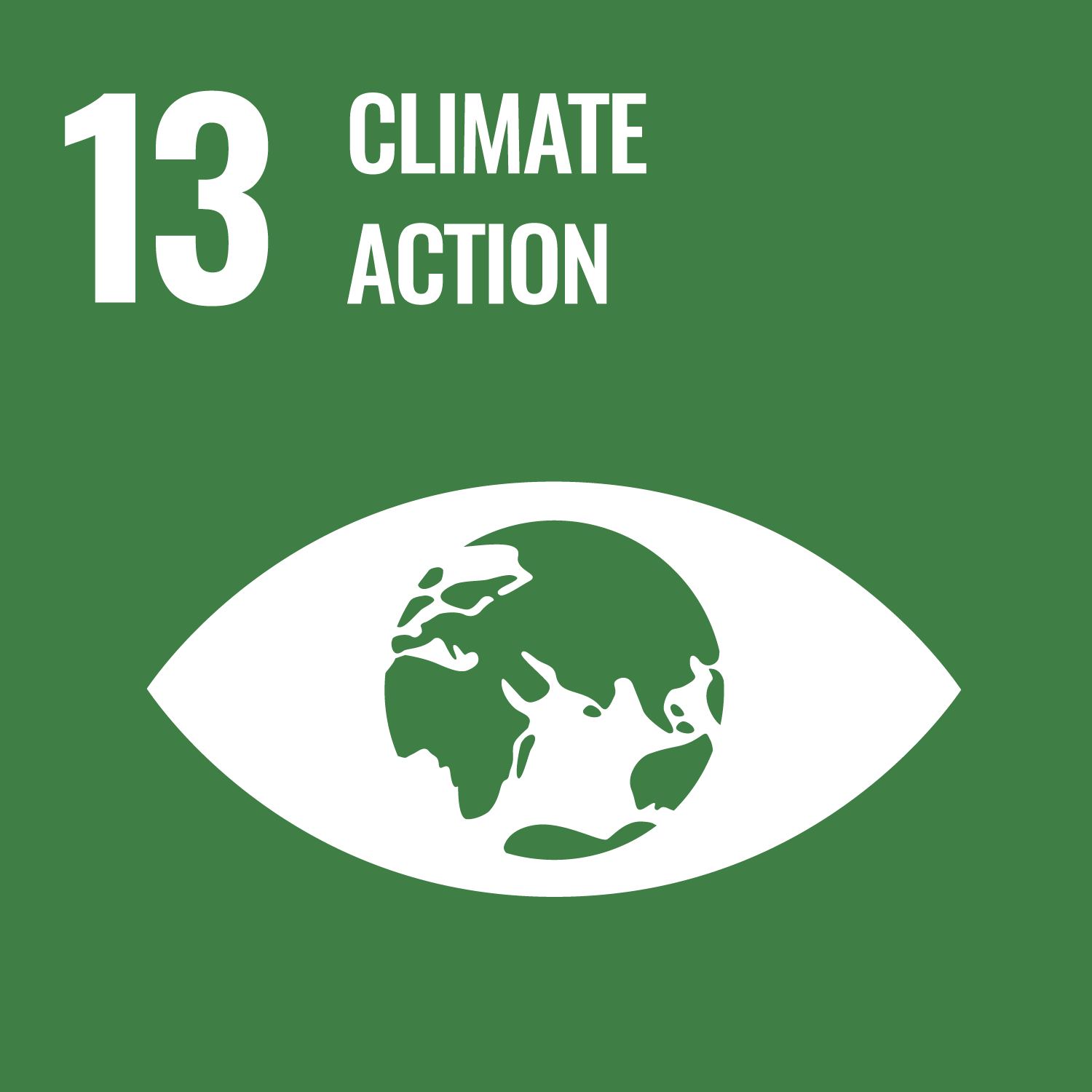ORCID
- J. I. Spicer: 0000-0002-6861-4039
- M. E. Hanley: 0000-0002-3966-8919
Abstract
Marine rocky intertidal organisms are amongst those most affected by climate change with regional distributional changes observed for many species. Although often ascribed to increased sea surface temperatures, precise assessment of the local habitat conditions underpinning observed and predicted changes in community assembly is lacking. Here we examine how aspect (i.e. north-south orientation) affects intertidal community composition and how rock surface temperatures and stress responses of two dominant grazer species (Patella spp.) elucidate emergent differences. We quantified year-round temperature variation and surveyed intertidal community composition on paired natural rock gullies with Equator- (EF) and Pole-facing (PF) surfaces. We also investigated variation in limpet (Patella spp.) reproductive phenology and osmotic stress. Average annual temperatures were 0.8 °C (1.6 °C at low tide) higher, with six-fold more frequent extremes (i.e. > 30 °C) on EF than PF surfaces. Intertidal community composition varied with aspect across trophic levels with greater overall species richness, abundance of primary producers and grazers on PF-surfaces, and greater barnacle abundance on EF-surfaces. Although species richness of organisms from different biogeographical origins (‘Boreal’ or ‘Lusitanian’) did not vary, the Lusitanian limpet Patella depressa exhibited earlier reproductive development on EF-surfaces and both limpet species exhibited greater thermal stress on EF-surfaces. We argue that our study system provides a good model for understanding how temperature variation at local scales can affect community composition, as well as ecophysiological and ecological responses to climate change and so better inform and predict regional range shifts over coming decades.
DOI Link
Publication Date
2021-01-01
Publication Title
Marine Environmental Research
Volume
172
ISSN
0141-1136
Acceptance Date
2021-09-16
Deposit Date
2024-10-29
Embargo Period
2023-10-14
Additional Links
Keywords
Anthropogenic climate change, Community composition, Extreme events, Limpets, Physiological stress, Range shifts, Rocky shore, Surface aspect
Creative Commons License

This work is licensed under a Creative Commons Attribution-NonCommercial-No Derivative Works 4.0 International License.
Recommended Citation
Amstutz, A., Firth, L., Spicer, J., & Hanley, M. (2021) 'Facing up to climate change: Community composition varies with aspect and surface temperature in the rocky intertidal', Marine Environmental Research, 172. Available at: 10.1016/j.marenvres.2021.105482


